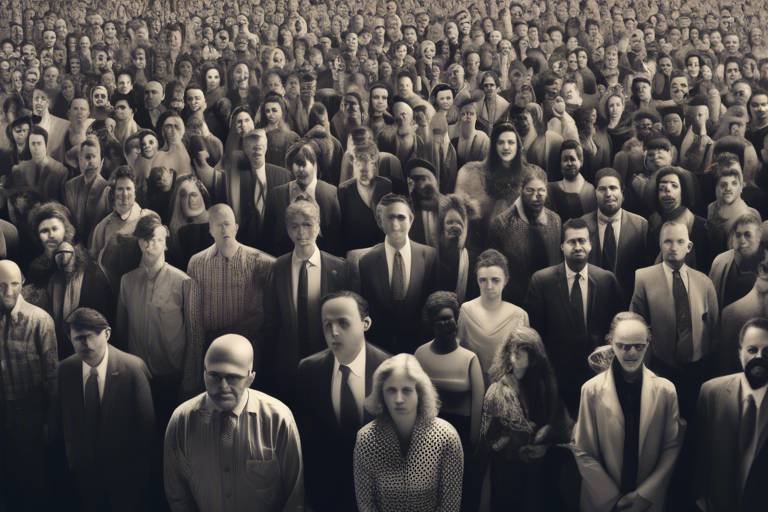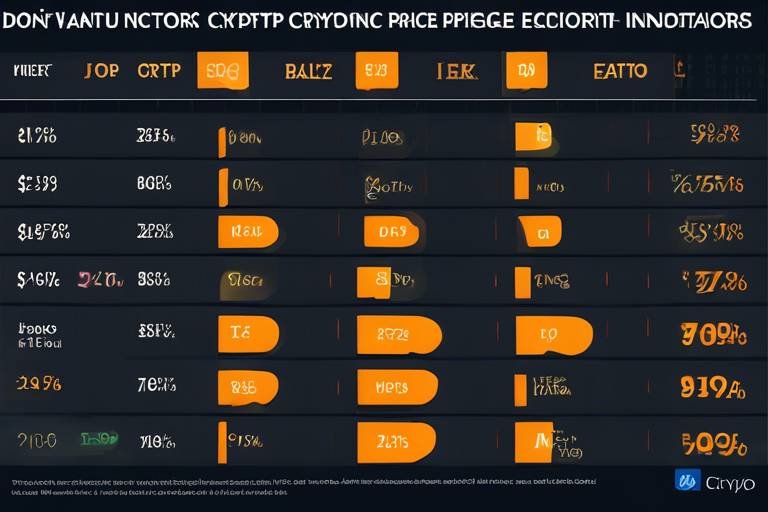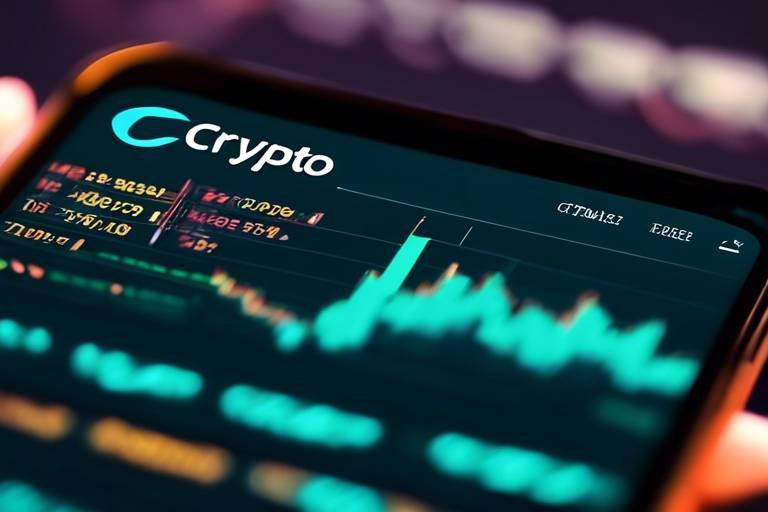Understanding the Role of Governance in DAOs
In today's rapidly evolving digital landscape, the concept of governance within Decentralized Autonomous Organizations (DAOs) has emerged as a critical topic of discussion. These innovative entities operate on the principles of decentralization and autonomy, leveraging blockchain technology to create a new paradigm for organizational structure and decision-making. But what exactly does governance mean in this context? Governance in DAOs refers to the frameworks, rules, and processes that dictate how decisions are made, how power is distributed, and how stakeholders engage with the organization. It's akin to the operating system of a computer; without it, the hardware (or in this case, the community and resources) cannot function effectively.
At its core, governance in DAOs is about ensuring that all members have a voice and that decisions reflect the collective will of the community. This is particularly important in a decentralized environment where traditional hierarchies and power dynamics are upended. Imagine a ship sailing on an open sea—without a captain, every crew member must work together to navigate the waters and reach their destination. In the same way, DAOs rely on governance structures to guide their journey, ensuring that every participant can contribute to the course of the organization.
One of the most fascinating aspects of DAO governance is its potential to democratize decision-making. Unlike traditional organizations where a select few hold the reins, DAOs often empower all token holders to participate in crucial decisions. This participatory approach not only fosters a sense of ownership among members but also enhances accountability and transparency. However, this is not without challenges. For instance, achieving consensus among a diverse group of stakeholders can lead to lengthy discussions and sometimes gridlock, reminiscent of a town hall meeting where everyone has a say, but no one can agree on the next steps.
Moreover, the governance structures adopted by DAOs can vary significantly, influencing how decisions are made and who gets to participate. Some DAOs utilize token-based governance, where voting power is proportional to the number of tokens held, while others may employ delegated governance, allowing members to entrust their voting rights to representatives. Each model comes with its own set of advantages and potential pitfalls, making it essential for stakeholders to understand the implications of the governance structure they are part of.
As we delve deeper into the intricacies of DAO governance, it's crucial to recognize the challenges that accompany this innovative model. Security risks, decision-making bottlenecks, and the potential for centralization are just a few of the hurdles that DAOs must navigate. Addressing these challenges requires a proactive approach, fostering a culture of continuous improvement and adaptation.
In conclusion, the role of governance in DAOs is multifaceted and dynamic. It serves as the backbone of these organizations, shaping how they function and evolve over time. As we continue to explore the various aspects of DAO governance, we can better appreciate the opportunities and challenges that lie ahead in this exciting frontier of digital collaboration.
- What is a DAO? A Decentralized Autonomous Organization (DAO) is a new organizational model that utilizes blockchain technology to operate without centralized control.
- How does governance work in a DAO? Governance in a DAO involves rules and processes that dictate decision-making and stakeholder engagement, often through token-based voting mechanisms.
- What are the challenges of DAO governance? DAOs face challenges such as security risks, decision-making bottlenecks, and the potential for centralization.
- Can anyone participate in a DAO? Yes, typically anyone can participate in a DAO by acquiring tokens, which often grants them voting rights.

The Concept of DAOs
Decentralized Autonomous Organizations, or DAOs, are revolutionizing the way we think about organizational structure and governance. Imagine a world where decisions are made collectively, without the need for a central authority. Sounds like a dream, right? Well, that dream is becoming a reality thanks to blockchain technology. DAOs leverage this technology to create a transparent, secure, and democratic framework for decision-making. But what exactly does that mean?
At their core, DAOs are built on smart contracts—self-executing contracts with the terms of the agreement directly written into code. This means that once certain conditions are met, actions are automatically executed without human intervention. This not only reduces the need for intermediaries but also enhances trust among participants. In a traditional organization, power often lies in the hands of a few individuals or a board of directors. In contrast, DAOs distribute power among all stakeholders, allowing everyone to have a say in the organization’s direction.
One of the most fascinating aspects of DAOs is their ability to operate without a centralized leadership structure. Instead of a CEO or a management team calling the shots, decisions are made through a consensus-driven process. This can be achieved through various governance models, which we’ll explore in later sections. For now, it’s essential to understand that DAOs are not just another tech trend; they represent a fundamental shift in how we can organize and collaborate.
To grasp the full potential of DAOs, consider the following key principles:
- Decentralization: Power and control are distributed among all members, reducing the risk of corruption and bias.
- Transparency: All transactions and decisions are recorded on the blockchain, making it easy for anyone to verify actions and outcomes.
- Autonomy: DAOs operate independently of external influences, relying solely on the rules encoded in their smart contracts.
- Inclusivity: Anyone with internet access can participate, breaking down barriers to entry that traditional organizations often impose.
These principles not only enhance trust and collaboration but also pave the way for innovative governance models tailored to the needs of the community. As we dive deeper into the governance structures of DAOs, it’s crucial to remember that the true power of these organizations lies in their ability to engage all stakeholders in meaningful ways. Whether you’re a developer, a user, or an investor, your voice matters in a DAO.
In summary, DAOs are reshaping the organizational landscape by harnessing the power of blockchain technology. They offer a unique blend of decentralization, transparency, and inclusivity that traditional organizations struggle to achieve. As we continue to explore the intricacies of governance within DAOs, keep in mind the foundational concept that these entities are more than just tech innovations—they are a new way of thinking about collaboration and decision-making in our increasingly digital world.
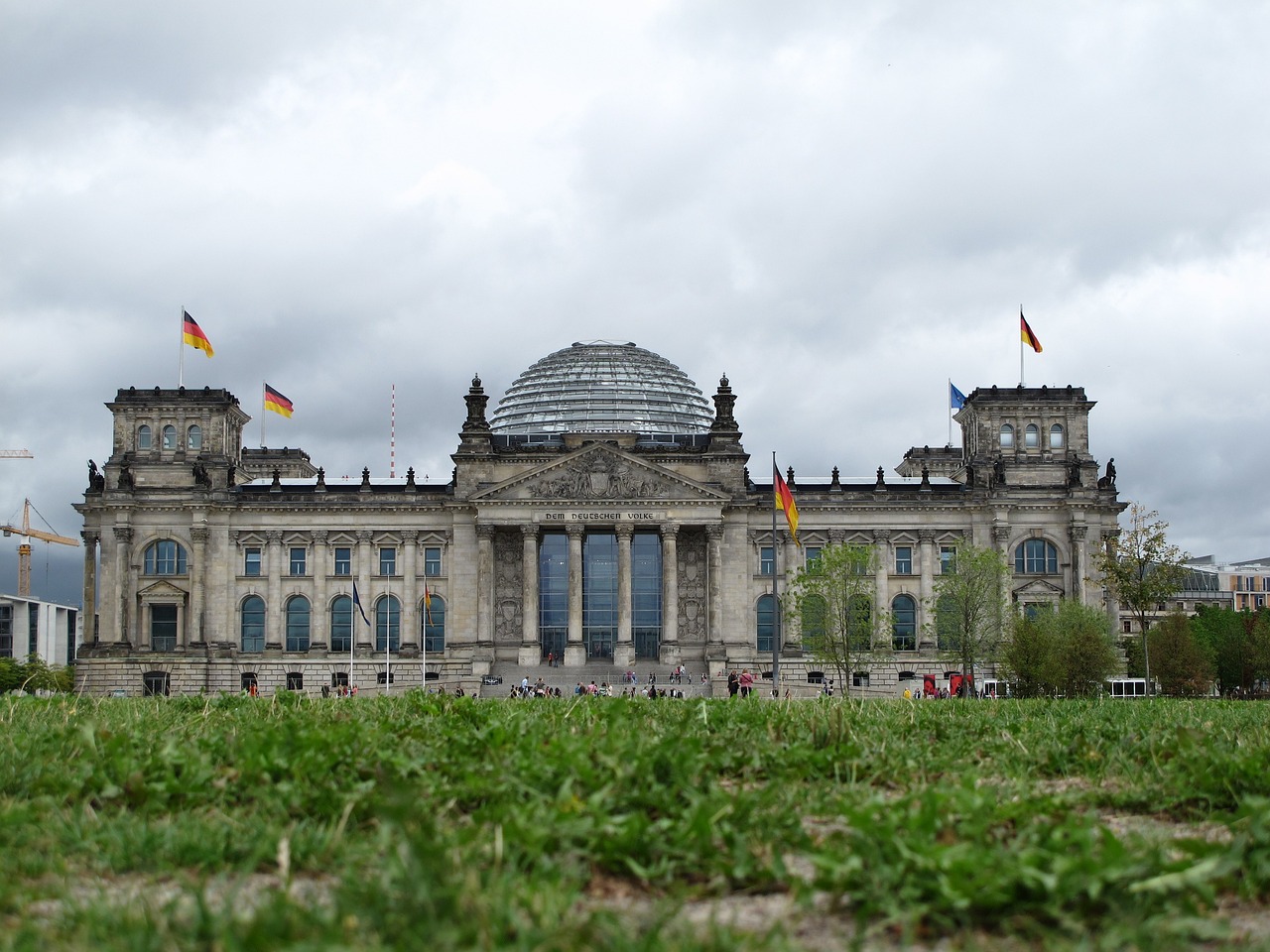
Governance Structures in DAOs
When we dive into the world of Decentralized Autonomous Organizations (DAOs), one of the first things that catches our attention is their governance structures. These frameworks are not just mere administrative blueprints; they are the lifeblood that drives the decision-making processes within these innovative entities. In essence, the governance structure of a DAO defines how power is distributed and how decisions are made, impacting everything from project direction to community engagement.
DAOs can adopt various governance structures, each with its own set of characteristics and implications for stakeholders. For instance, some DAOs operate on a direct democracy model, where every token holder has a say in every decision. This model can foster a sense of community and inclusion but may also lead to inefficiencies when it comes to reaching consensus on complex issues. On the other hand, some DAOs prefer a more hierarchical structure, where a select group of representatives makes decisions on behalf of the larger community. This can streamline processes but may also raise concerns about centralization and the potential disconnection from the broader community's needs.
To better understand these governance structures, let’s break down some of the most common frameworks:
| Governance Structure | Description | Pros | Cons |
|---|---|---|---|
| Direct Democracy | Every token holder votes on every proposal. | High engagement and inclusivity. | Slow decision-making process. |
| Representative Governance | Token holders elect representatives to make decisions. | Faster decision-making. | Risk of centralization. |
| Liquid Democracy | Token holders can delegate their voting rights to others. | Flexible and dynamic representation. | Complexity in delegation. |
As we can see from the table, each governance structure comes with its own unique set of advantages and disadvantages. The choice of governance model can significantly influence how a DAO functions and how effectively it can engage with its community. For instance, a DAO that opts for a liquid democracy model may find it easier to adapt to changing circumstances, as token holders can delegate their voting rights to trusted individuals who are more informed about specific issues. However, this model can also introduce complexities that might confuse newer members who are less familiar with the delegation process.
Moreover, the choice of governance structure directly affects stakeholder engagement. In a direct democracy, every member feels their voice matters, which can lead to a vibrant and active community. Conversely, in a representative model, while decisions may be made more swiftly, there’s a risk that the broader community may feel alienated if their representatives do not align with their interests.
Ultimately, the governance structure of a DAO is a reflection of its values and objectives. Whether prioritizing inclusivity and community engagement or efficiency and streamlined decision-making, the chosen framework will shape the organization's culture and operational dynamics. As we continue to explore the evolving landscape of DAOs, understanding these governance structures will be essential for both participants and observers alike.
- What is the main purpose of governance in DAOs? Governance in DAOs is designed to ensure that decisions are made collectively, reflecting the interests of the community while maintaining organizational efficiency.
- How does token-based governance work? In token-based governance, stakeholders participate in decision-making based on the number of tokens they hold, giving more influence to those with greater investment in the DAO.
- What are the risks associated with DAO governance? DAOs face risks such as security vulnerabilities, decision-making bottlenecks, and the potential for centralization, which can undermine their decentralized ethos.
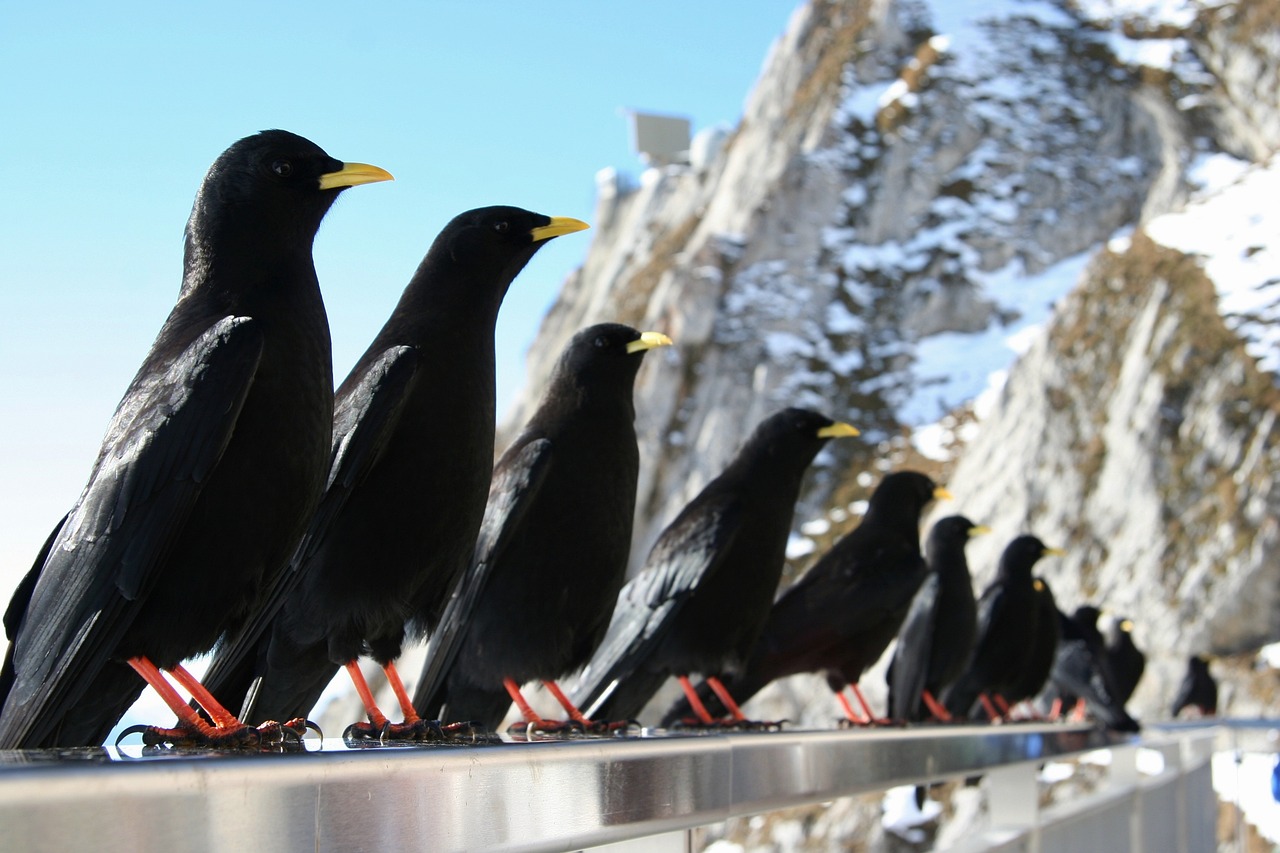
Token-Based Governance
Token-based governance is a fascinating and pivotal aspect of Decentralized Autonomous Organizations (DAOs). In essence, this model allows stakeholders to engage in the decision-making processes of the DAO based on the number of tokens they hold. Imagine a community where your voice is amplified by the amount of investment you have made; that’s the core idea behind token-based governance. However, while this structure promotes participation, it also raises questions about fairness and influence.
To break it down, consider the following points about token-based governance:
- Empowerment: Token holders have the power to vote on critical issues, from project funding to governance changes. This creates a sense of ownership and responsibility among participants.
- Equity Concerns: The more tokens you hold, the greater your influence. This can lead to a disparity where wealthier participants dominate the decision-making process, potentially sidelining smaller stakeholders.
- Incentives for Participation: Token-based governance often incentivizes users to engage actively, as their stakes directly affect the outcomes of votes.
One of the most compelling aspects of token-based governance is its ability to democratize decision-making. However, it’s crucial to recognize the challenges that come with it. For example, the concentration of tokens can lead to a form of oligarchy, where a small group of influential holders can disproportionately sway decisions. This raises a critical question: how do we ensure that governance remains truly decentralized and representative?
Moreover, the governance model can significantly impact the overall health and sustainability of the DAO. If the governance structure is perceived as unfair or unbalanced, it can lead to disengagement from the community, ultimately jeopardizing the DAO's objectives. Therefore, many DAOs are exploring innovative solutions, such as implementing mechanisms to redistribute tokens or create voting caps, to balance power dynamics.
In summary, token-based governance is a double-edged sword. While it empowers stakeholders and encourages participation, it also poses challenges regarding equity and influence. As DAOs continue to evolve, the governance structures they adopt will play a crucial role in shaping their success and sustainability in the long run. The conversation around token-based governance is just beginning, and it is essential for stakeholders to engage in this dialogue to create a more equitable and effective governance model.
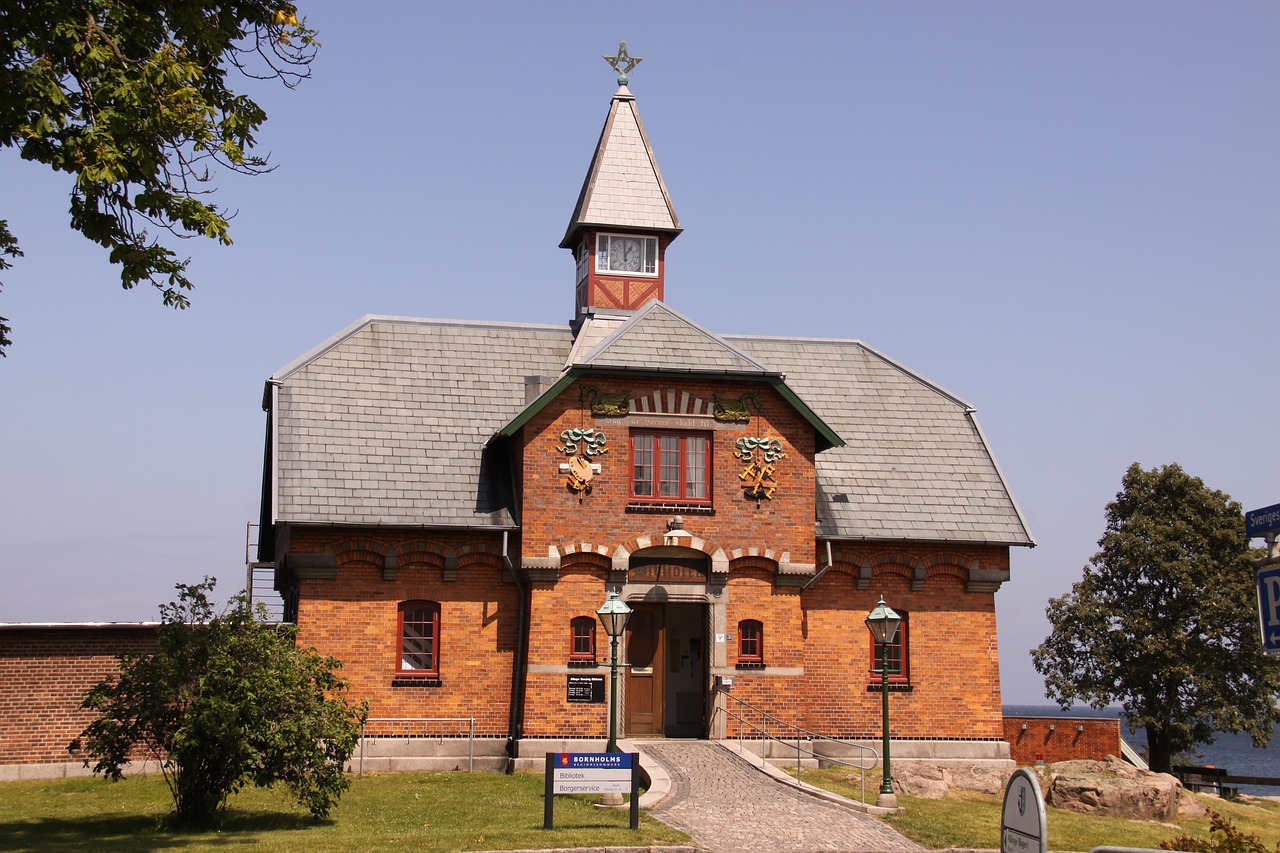
Voting Mechanisms
When it comes to governance in Decentralized Autonomous Organizations (DAOs), play a critical role in shaping the direction and decisions of the organization. These mechanisms determine how stakeholders can express their opinions and influence outcomes, making it essential to understand their implications. In the world of DAOs, where decentralization and community engagement are paramount, the choice of voting system can significantly impact governance efficiency and fairness.
One of the most common voting mechanisms is the one-token-one-vote system. In this model, each token holder has a voting power directly proportional to the number of tokens they own. While this method is straightforward and easy to implement, it raises concerns about equity. For instance, wealthier participants can dominate decision-making processes, potentially sidelining the voices of smaller token holders. This dynamic can lead to a concentration of power, which contradicts the fundamental principles of decentralization that DAOs strive for.
On the other hand, there's a more innovative approach known as quadratic voting. This mechanism allows participants to cast votes in a way that reflects their intensity of preference rather than just the quantity of tokens they hold. For example, if a participant feels strongly about a particular proposal, they can allocate more votes to it, but at a quadratic cost. This means that if one wants to cast four votes, it would cost them sixteen tokens, making it less financially advantageous to simply buy more votes. This system aims to level the playing field by giving a voice to those who may not hold as many tokens but have strong opinions on specific issues. However, this complexity can also lead to confusion among participants, who may not fully understand how to leverage their voting power effectively.
Moreover, delegated voting has emerged as another mechanism gaining traction in the DAO space. In this model, token holders can choose to delegate their voting rights to trusted representatives or experts. This approach can streamline decision-making by allowing knowledgeable individuals to make informed choices on behalf of a larger group. However, it also raises concerns about accountability and transparency. If a representative makes a decision that goes against the wishes of their constituents, it can lead to disenfranchisement and a lack of trust in the governance process.
To summarize, the choice of voting mechanism in DAOs is not just a technical detail; it profoundly affects how power is distributed and how decisions are made. Each system—whether it be one-token-one-vote, quadratic voting, or delegated governance—comes with its own set of advantages and challenges. As DAOs continue to evolve, the exploration of these voting mechanisms will be crucial in ensuring that governance remains both effective and equitable.
- What is the most common voting mechanism in DAOs? The one-token-one-vote system is the most prevalent, where voting power is proportional to the number of tokens held.
- How does quadratic voting work? Quadratic voting allows participants to express the strength of their preferences, making it more equitable for those with fewer tokens.
- What are the risks of delegated voting? Delegated voting can lead to issues of accountability if representatives do not act in the best interest of their constituents.
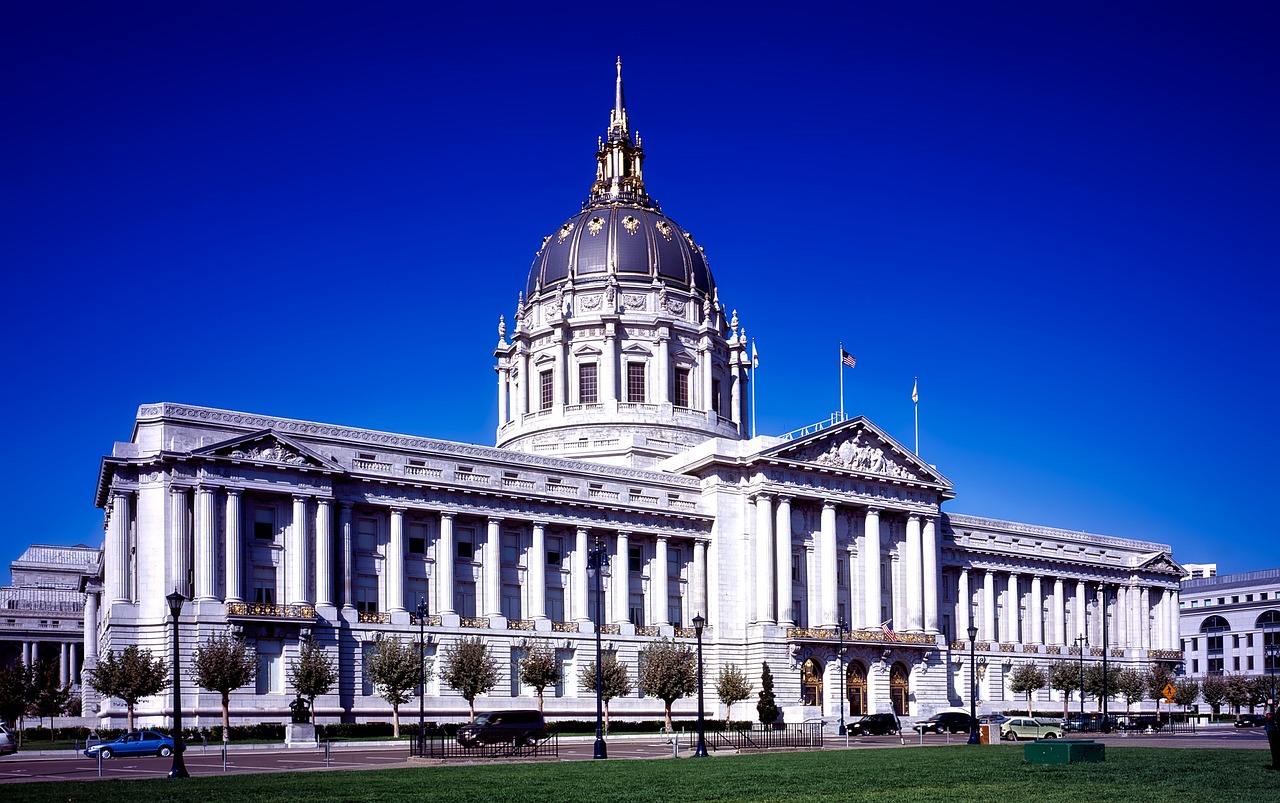
Delegated Governance
Delegated governance is a fascinating aspect of Decentralized Autonomous Organizations (DAOs) that allows token holders to enhance their participation in decision-making without needing to engage in every single vote. Imagine this as a democratic system where you can appoint a trusted representative to voice your opinions and make decisions on your behalf. This model not only encourages broader participation but also helps in addressing the complexities and time constraints that often accompany direct voting.
In a typical DAO, stakeholders hold tokens that represent their voting power. However, not everyone has the time or expertise to make informed decisions on every proposal. This is where delegated governance shines. By allowing token holders to delegate their voting rights to trusted individuals or entities, DAOs can streamline decision-making processes and ensure that votes are cast by those who are most knowledgeable about specific issues.
One of the key benefits of delegated governance is that it can lead to more informed and efficient decision-making. When stakeholders choose representatives who are well-versed in certain areas, the overall quality of governance can improve significantly. This model encourages representatives to stay informed and engaged, as their reputation and future support depend on their ability to make sound decisions that align with the interests of their constituents.
However, it's crucial to recognize that delegated governance is not without its challenges. The delegation process can sometimes lead to a concentration of power, where a small group of representatives may dominate decision-making. This can create an imbalance, undermining the very principles of decentralization that DAOs strive for. To mitigate this risk, it's essential for DAOs to implement mechanisms that promote transparency and accountability among delegates.
Moreover, the effectiveness of delegated governance relies heavily on the trust between the token holders and their chosen representatives. If representatives fail to act in the best interest of their constituents, it can lead to disenchantment and disengagement from the governance process. Therefore, DAOs must foster a culture of communication, where delegates regularly report back to their constituents, ensuring that stakeholders remain informed and engaged.
In conclusion, delegated governance presents a compelling solution to some of the challenges faced by DAOs. By empowering stakeholders to appoint trusted representatives, DAOs can enhance participation and improve decision-making efficiency. However, it is vital to address the potential pitfalls associated with this model to maintain the integrity and decentralization that are the hallmarks of these innovative organizations. As we look to the future, the evolution of delegated governance will undoubtedly play a pivotal role in shaping the landscape of DAOs.
- What is delegated governance in DAOs?
Delegated governance allows token holders to assign their voting rights to trusted representatives, streamlining decision-making and enhancing participation. - What are the benefits of delegated governance?
This model can lead to more informed decisions, as representatives are often more knowledgeable about specific issues, and it allows token holders to engage without having to vote on every proposal. - What are the challenges associated with delegated governance?
Challenges include the potential concentration of power among a few representatives and the need for transparency and accountability to prevent disenchantment among stakeholders. - How can DAOs ensure the effectiveness of delegated governance?
DAOs can promote effective delegated governance by fostering open communication, ensuring representatives report back to their constituents, and implementing checks to maintain decentralization.
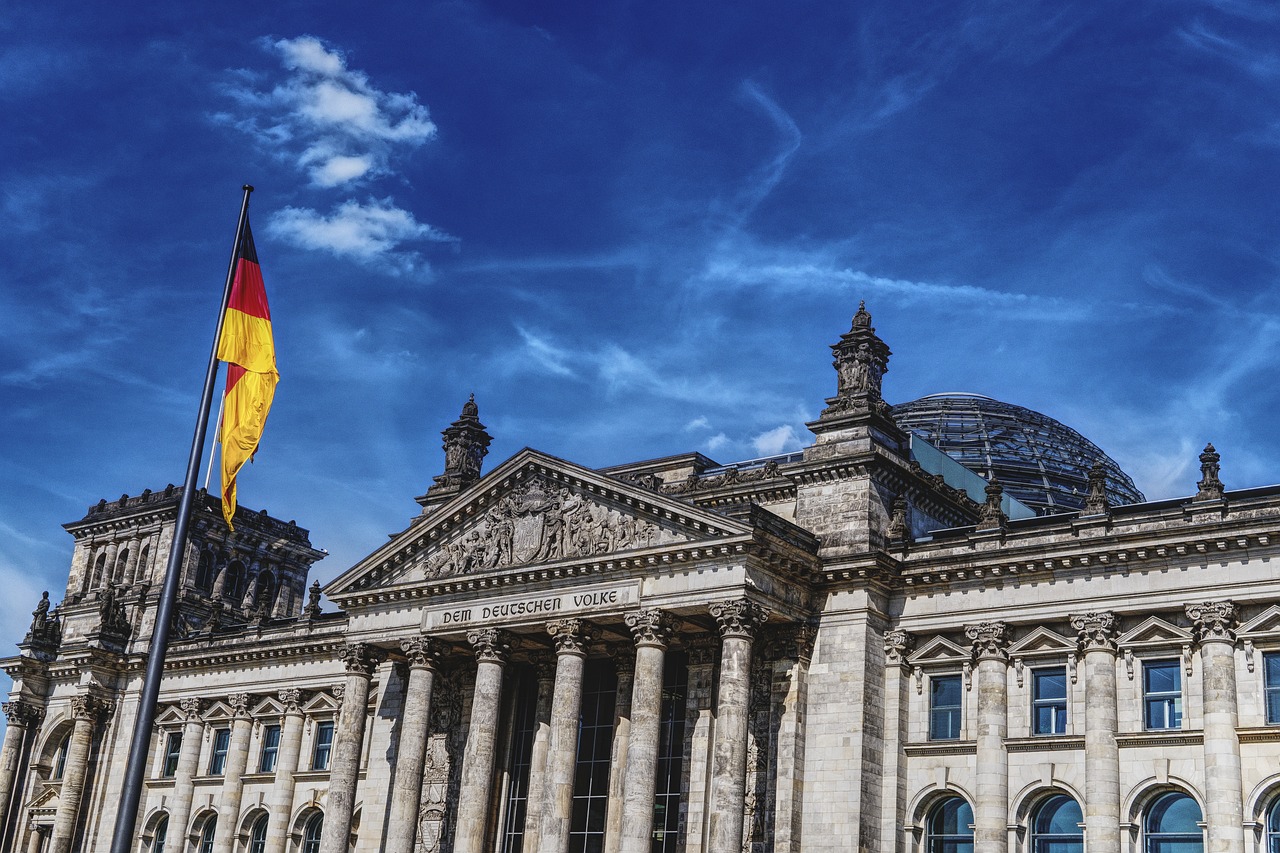
Consensus Mechanisms
In the realm of Decentralized Autonomous Organizations (DAOs), play an indispensable role in ensuring that all participants can agree on decisions and the state of the organization. Imagine a group of friends trying to decide where to eat dinner; if everyone has a say but there’s no agreement, the night could end in chaos. Similarly, DAOs require a structured approach to reach consensus, which not only maintains order but also fosters trust among members.
There are several types of consensus mechanisms that DAOs can adopt, each with its own advantages and challenges. The most commonly used mechanisms include:
- Proof of Stake (PoS): This mechanism allows participants to validate transactions based on the number of tokens they hold. The more tokens you have, the greater your influence in decision-making. While this promotes a form of democracy, it can also lead to token centralization, where a few individuals hold disproportionate power.
- Proof of Work (PoW): Though less common in DAOs, PoW requires participants to solve complex mathematical problems to validate transactions. This method is resource-intensive and often criticized for its environmental impact, but it fosters a strong sense of security and trust.
- Delegated Proof of Stake (DPoS): In this model, token holders elect representatives to make decisions on their behalf. This can streamline the decision-making process but raises questions about accountability and the potential for representative bias.
Each of these mechanisms serves a different purpose and can significantly affect how a DAO operates. For instance, while PoS encourages participation based on ownership, it might alienate those with fewer tokens, creating a divide within the community. On the other hand, DPoS can lead to quicker decisions but may also concentrate power in the hands of a few, which is counterintuitive to the very essence of decentralization.
Furthermore, the choice of consensus mechanism can impact the scalability of a DAO. For example, PoW is often slower due to its computational requirements, while PoS can handle transactions more swiftly, allowing for a more agile organizational structure. This agility is crucial in a fast-paced digital landscape where decisions need to be made quickly to adapt to changing conditions.
As DAOs continue to evolve, so too will the consensus mechanisms they employ. The future may see innovative hybrid models that combine elements of various mechanisms, aiming to strike a balance between decentralization, efficiency, and security. Ultimately, the choice of consensus mechanism will shape not only the governance of DAOs but also their ability to thrive in an increasingly interconnected world.
- What is a consensus mechanism? A consensus mechanism is a protocol that considers a transaction as valid and ensures all participants agree on the state of the blockchain.
- Why are consensus mechanisms important in DAOs? They ensure that all members can participate in decision-making, maintaining order and trust within the organization.
- What are the common types of consensus mechanisms? Common types include Proof of Stake (PoS), Proof of Work (PoW), and Delegated Proof of Stake (DPoS).
- How do consensus mechanisms affect DAO governance? They influence the speed, efficiency, and equity of decision-making processes within the organization.
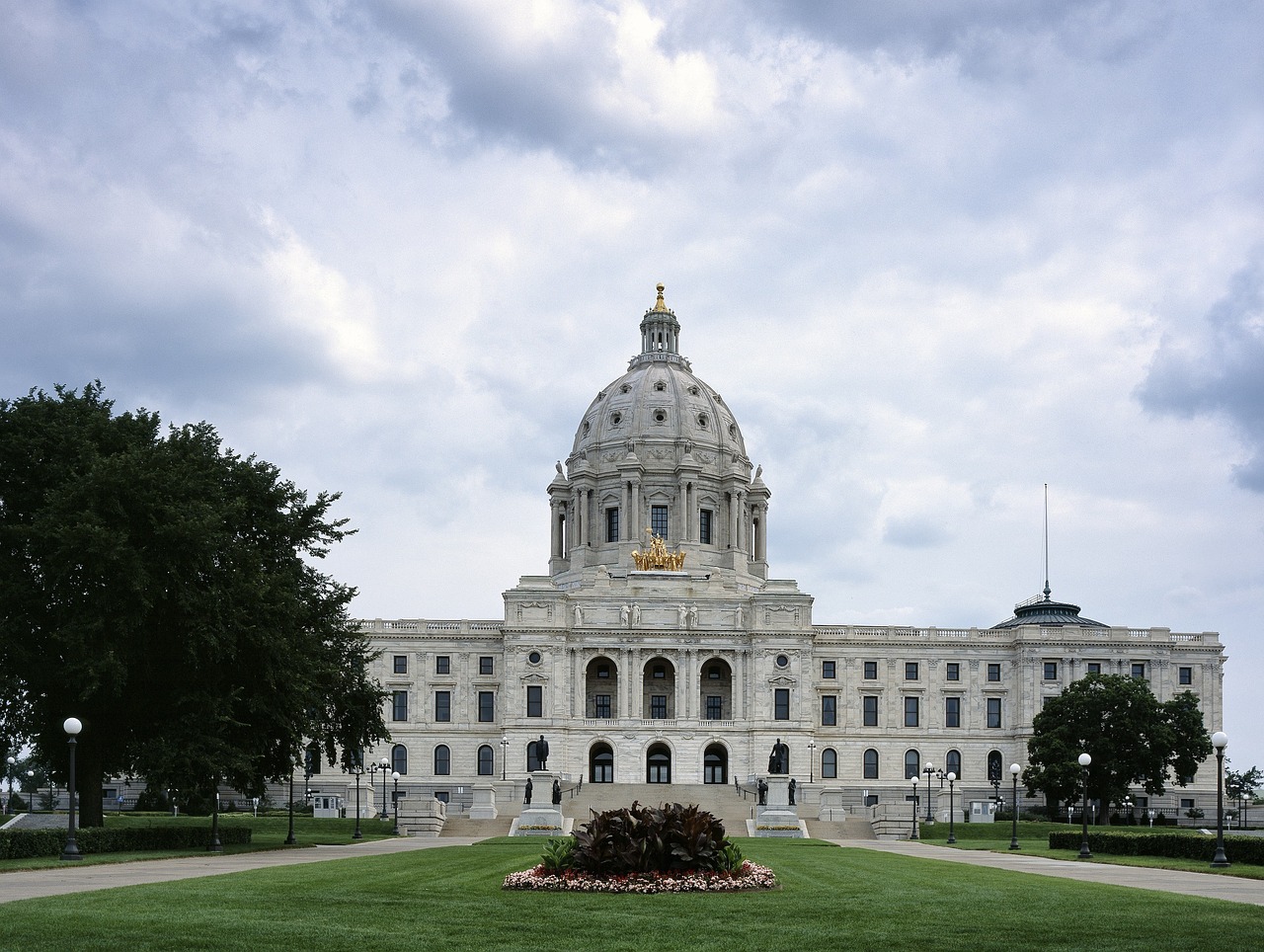
Challenges in DAO Governance
Despite the exciting potential that Decentralized Autonomous Organizations (DAOs) offer, they are not without their challenges when it comes to governance. In fact, navigating these challenges is crucial for ensuring the longevity and effectiveness of these innovative entities. One of the most pressing issues is the security risks that DAOs face. With the reliance on blockchain technology, vulnerabilities can arise, making them attractive targets for hackers and malicious actors. A single exploit can lead to significant financial losses and a breach of trust among stakeholders, which is why robust security measures are essential.
Moreover, DAOs often encounter decision-making bottlenecks. Unlike traditional organizations, where hierarchy can streamline processes, DAOs rely on collective decision-making that can sometimes slow down progress. Imagine trying to organize a group of friends to decide on a restaurant—while everyone has their preferences, reaching a consensus can be time-consuming. Similarly, DAOs can struggle with inefficiencies when it comes to making timely decisions, especially in urgent situations. This can hinder their agility and responsiveness in a fast-paced environment.
Another significant challenge is the potential for centralization, which contradicts the very essence of what DAOs stand for. While the goal is to distribute power among all stakeholders, certain governance structures can inadvertently lead to a concentration of influence in the hands of a few. For instance, in token-based governance, those with larger token holdings may have disproportionate control over decisions, creating a hierarchy that undermines the democratic nature of the organization. This raises questions about equity and fairness in participation.
To tackle these challenges, DAOs must implement strategic solutions. For security risks, adopting comprehensive security audits and employing multi-signature wallets can significantly mitigate threats. In terms of decision-making bottlenecks, utilizing streamlined voting processes and clear communication channels can enhance efficiency. Lastly, to prevent centralization, DAOs should consider implementing mechanisms that promote equitable participation, such as quadratic voting or other innovative governance models.
In summary, while DAOs present a revolutionary approach to organizational governance, they also face significant hurdles. Addressing these challenges head-on is vital for fostering a resilient and inclusive environment that empowers all stakeholders involved.
- What are the main challenges faced by DAOs? DAOs face challenges such as security risks, decision-making bottlenecks, and potential centralization of power.
- How can DAOs enhance their security? Implementing security audits and using multi-signature wallets can help protect against hacks.
- What is the impact of centralization in DAOs? Centralization can lead to unequal influence among stakeholders, undermining the democratic principles of DAOs.
- How can decision-making be improved in DAOs? Streamlined voting processes and effective communication can reduce bottlenecks and enhance responsiveness.
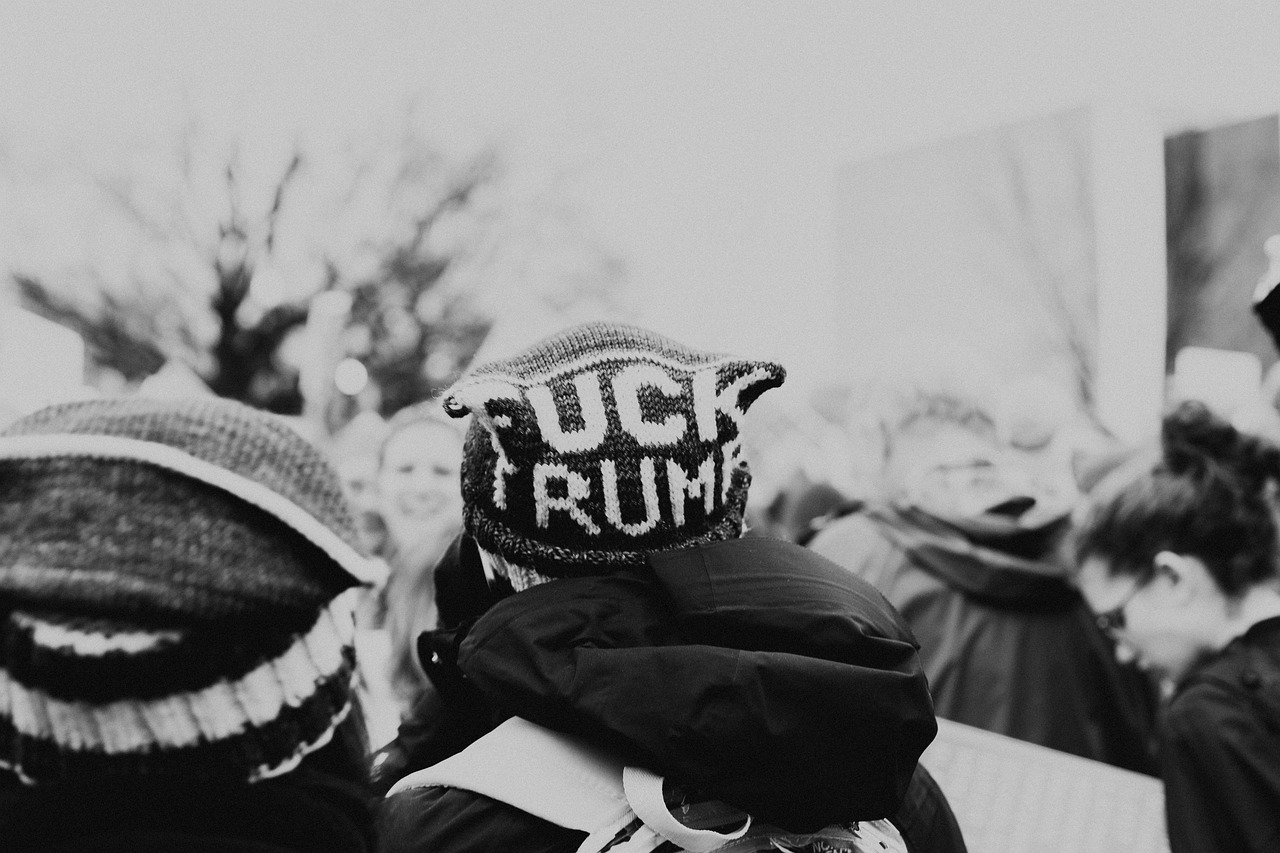
Security Risks
When it comes to Decentralized Autonomous Organizations (DAOs), security is a paramount concern that can make or break the integrity of these innovative structures. Imagine a fortress built to protect valuable treasures; if the walls are weak, the treasures inside are at risk of being stolen. Similarly, the vulnerabilities in a DAO's governance can expose it to a range of security threats that could compromise its operations and trustworthiness. These risks are not just theoretical; they have manifested in real-world scenarios where hackers exploited weaknesses to siphon off funds or manipulate governance decisions.
One of the most significant security risks associated with DAOs is the potential for smart contract vulnerabilities. Smart contracts are the backbone of DAOs, automating processes and ensuring that transactions are executed as intended. However, if these contracts contain bugs or flaws, they can be exploited by malicious actors. A famous example is the infamous DAO hack of 2016, where a vulnerability in its smart contract allowed an attacker to drain a substantial amount of Ether, leading to a hard fork in the Ethereum blockchain. This incident highlighted the necessity for rigorous auditing and testing of smart contracts before deployment.
Another critical area of concern is governance manipulation. In token-based governance systems, where decisions are made based on voting power, bad actors can accumulate a significant amount of tokens through various means, including purchasing them or exploiting liquidity pools. This accumulation can lead to a scenario known as a “sybil attack,” where a single entity can gain disproportionate influence over governance decisions, undermining the democratic principles that DAOs strive to uphold. To combat this, some DAOs are exploring mechanisms such as quadratic voting, which aims to reduce the impact of large token holders.
Moreover, DAOs are also susceptible to phishing attacks. Just like traditional organizations, members of a DAO can fall victim to scams that trick them into revealing their private keys or sensitive information. These attacks often come in the form of fake websites or emails that mimic legitimate DAO communications. Education and awareness are crucial in mitigating these risks, as members must be vigilant and recognize the signs of phishing attempts.
To address these security concerns, DAOs can implement several strategies:
- Regular Audits: Conducting frequent audits of smart contracts by reputable third-party firms can help identify and rectify vulnerabilities before they are exploited.
- Multi-Signature Wallets: Utilizing multi-signature wallets for fund management ensures that multiple approvals are needed for any transaction, adding an extra layer of security.
- Community Education: Educating community members about security best practices can significantly reduce the risk of falling victim to scams or phishing attempts.
In conclusion, while DAOs present a revolutionary approach to governance and organizational structure, they are not without their security challenges. As these entities continue to grow and evolve, prioritizing security measures will be essential in maintaining trust and ensuring the longevity of DAOs. After all, in the world of digital governance, a single breach can lead to devastating consequences, making it crucial for stakeholders to remain vigilant and proactive in safeguarding their interests.
- What are the common security risks associated with DAOs? DAOs face risks such as smart contract vulnerabilities, governance manipulation, and phishing attacks.
- How can DAOs protect themselves from security breaches? Implementing regular audits, using multi-signature wallets, and educating community members are effective strategies.
- What was the DAO hack of 2016? The DAO hack was a significant security breach where an attacker exploited a vulnerability in the smart contract, leading to the loss of millions in Ether.
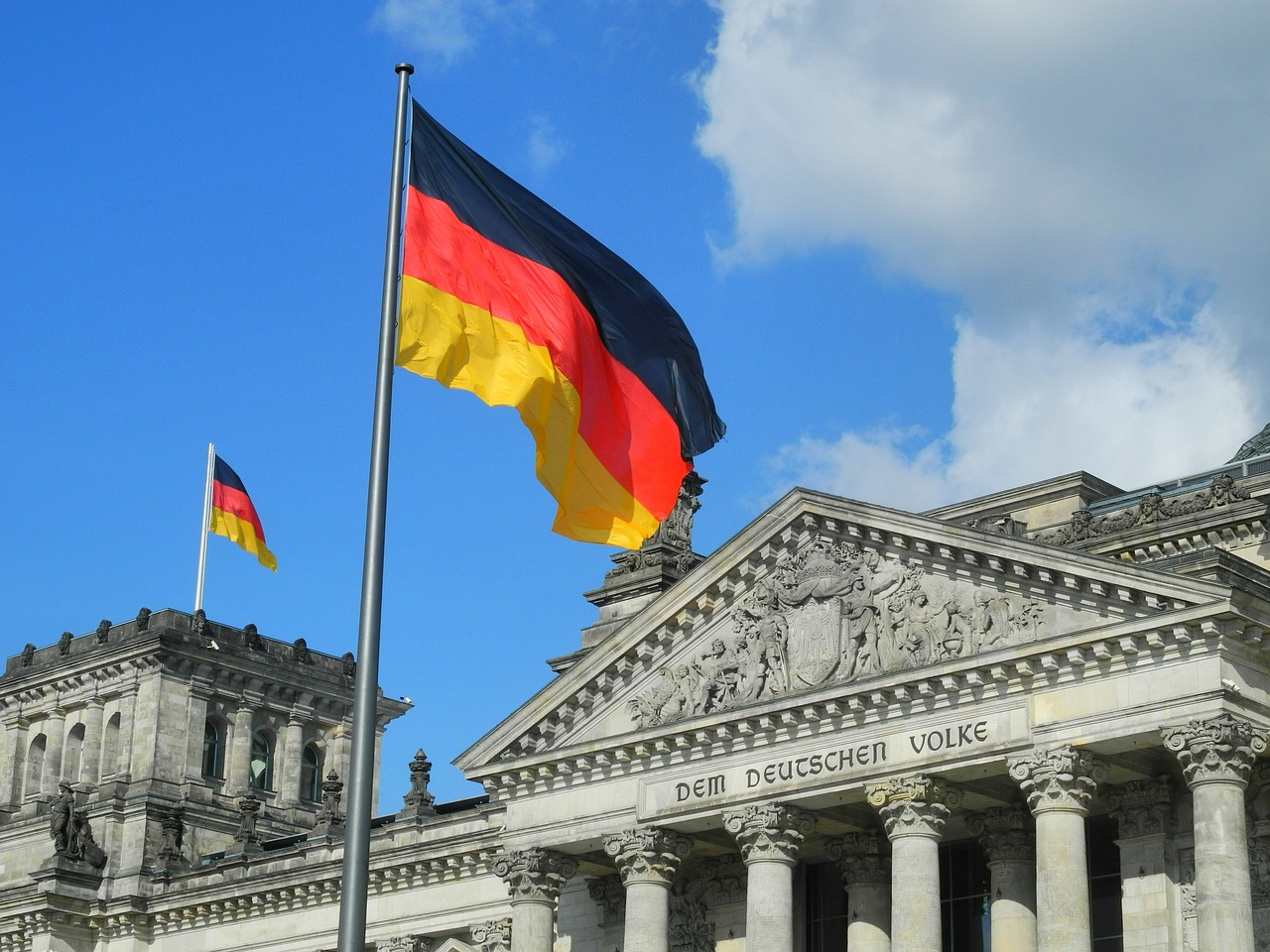
Decision-Making Bottlenecks
In the dynamic landscape of Decentralized Autonomous Organizations (DAOs), can significantly impact the agility and responsiveness of these innovative entities. As DAOs strive to operate in a decentralized manner, the complexities of governance often lead to situations where decisions are delayed or even stalled. This can be frustrating for stakeholders, especially in an environment where rapid adaptation is key to survival and success.
One of the primary factors contributing to these bottlenecks is the sheer volume of proposals and votes that need to be processed. When a DAO grows in popularity and participation, the influx of ideas can become overwhelming. Imagine trying to navigate through a crowded marketplace where every vendor is shouting for your attention; it becomes challenging to focus on what truly matters. Similarly, in a DAO, the constant stream of proposals can dilute attention and lead to decision fatigue among participants.
Furthermore, the complexity of proposals can also hinder effective decision-making. Not all stakeholders have the same level of understanding or expertise regarding every proposal. This disparity can create a scenario where some members feel intimidated or confused, leading to a lack of participation. When individuals are unsure about the implications of a decision, they may choose to abstain from voting, which can skew the results and ultimately impact the DAO's direction.
Another significant bottleneck arises from the voting process itself. In many DAOs, the mechanisms for voting can be cumbersome or unintuitive, discouraging engagement. If voting requires multiple steps or complex verification processes, participants may simply opt out. This is akin to a long line at a coffee shop; if it takes too long to place an order, many customers will walk away. The same principle applies here: if the barriers to voting are too high, stakeholders may lose interest in participating, leaving critical decisions in the hands of a few.
To address these challenges, DAOs need to implement strategies that promote efficiency and inclusivity. For instance, simplifying the proposal process by providing clear guidelines and templates can help streamline submissions. Additionally, employing educational resources to demystify complex proposals can empower more stakeholders to engage actively. Transparency in the decision-making process is also crucial. By ensuring that all members understand how decisions are made and the reasoning behind them, DAOs can foster a sense of ownership and accountability among participants.
Moreover, leveraging technology can help mitigate these bottlenecks. For example, integrating user-friendly voting platforms that allow for quick and easy participation can significantly enhance engagement. Some DAOs are experimenting with liquid democracy, where members can delegate their voting power to trusted representatives, thereby reducing the burden on individual voters while still ensuring that their voices are heard. This model can create a more fluid and responsive governance structure, allowing for quicker decision-making without sacrificing stakeholder representation.
In conclusion, while decision-making bottlenecks pose significant challenges for DAOs, they are not insurmountable. By embracing transparency, simplifying processes, and leveraging technology, these organizations can enhance their governance and ensure that they remain agile and responsive to the needs of their communities.
- What are decision-making bottlenecks in DAOs?
Decision-making bottlenecks in DAOs refer to situations where the process of making decisions is delayed or stalled, often due to overwhelming proposals, complex voting processes, or lack of participation. - How can DAOs improve decision-making?
DAOs can improve decision-making by simplifying proposal processes, providing educational resources, ensuring transparency, and utilizing technology to enhance voting mechanisms. - What is liquid democracy?
Liquid democracy is a governance model that allows members to delegate their voting power to trusted representatives, enabling more efficient decision-making while still maintaining stakeholder representation.
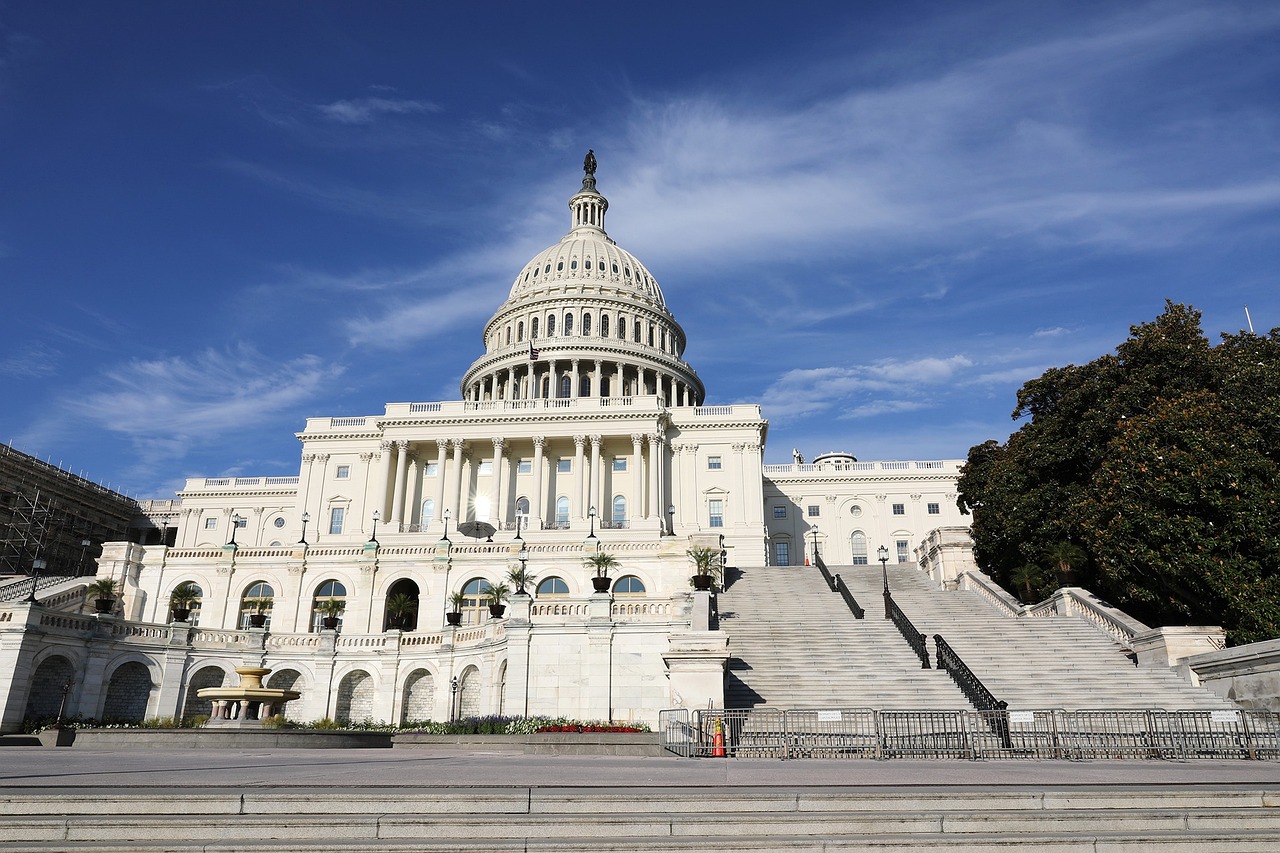
The Future of DAO Governance
As we look towards the horizon of Decentralized Autonomous Organizations (DAOs), it's clear that the landscape of governance is poised for significant transformation. The rapid evolution of technology, coupled with the growing interest in decentralized models, suggests that we are on the brink of a governance revolution. What does this mean for the future of DAOs? Well, imagine a world where decision-making is not just efficient but also highly inclusive, where every voice has the potential to be heard and valued. This vision is becoming increasingly achievable as we explore innovative governance frameworks and technological advancements.
One of the most promising trends in DAO governance is the integration of artificial intelligence (AI) and machine learning. These technologies can analyze vast amounts of data to provide insights that improve decision-making processes. For instance, AI can help identify patterns in community voting behavior, allowing DAOs to tailor their governance structures to better meet the needs of their stakeholders. Furthermore, AI-driven tools can facilitate real-time feedback, enabling organizations to adapt swiftly to changing circumstances. Imagine a DAO that can pivot its strategies almost instantaneously based on community sentiment—this is not just a dream; it’s a tangible possibility.
Another exciting development is the rise of liquid democracy, which combines elements of direct and representative democracy. In this model, members can vote directly on issues or delegate their voting power to trusted representatives. This flexibility allows for a more dynamic and responsive governance structure. As DAOs continue to grow, liquid democracy could become a standard practice, ensuring that governance remains both effective and representative of the community's diverse viewpoints.
Moreover, we can expect to see an emphasis on transparency and accountability in DAO governance. As stakeholders demand greater visibility into decision-making processes, DAOs will need to adopt more robust reporting mechanisms. This could include the use of blockchain technology to create immutable records of votes and decisions, ensuring that all actions are traceable and verifiable. By fostering a culture of transparency, DAOs can build trust among their members, which is crucial for long-term sustainability.
However, with these advancements come challenges. The potential for centralization remains a significant concern. As governance models evolve, there is a risk that a small group of individuals or entities could gain disproportionate influence, undermining the very principles of decentralization that DAOs were built upon. To combat this, ongoing discussions around governance models must prioritize inclusivity and equitable participation. This means creating structures that empower all members, regardless of their token holdings or technical expertise.
In conclusion, the future of DAO governance is bright yet complex. As we embrace new technologies and innovative frameworks, we must remain vigilant against the risks of centralization and ensure that all voices are heard. The journey ahead is not just about creating efficient systems; it's about fostering a vibrant community where every participant feels valued and empowered. As we navigate this exciting landscape, one thing is certain: the evolution of DAO governance will be a fascinating story to watch unfold.
- What is a DAO? A Decentralized Autonomous Organization (DAO) is a blockchain-based entity that operates through smart contracts and aims to decentralize decision-making.
- How does governance work in a DAO? Governance in a DAO typically involves token-based voting, where stakeholders can vote on proposals proportional to their token holdings.
- What are the challenges of DAO governance? Some challenges include security risks, decision-making bottlenecks, and the potential for centralization.
- What is liquid democracy? Liquid democracy is a governance model that allows members to vote directly or delegate their voting power to representatives.
- How can transparency be improved in DAOs? By utilizing blockchain technology to create transparent and immutable records of decisions and votes.
Frequently Asked Questions
- What is a Decentralized Autonomous Organization (DAO)?
A Decentralized Autonomous Organization, or DAO, is an innovative organizational model that operates on blockchain technology. DAOs are designed to be self-governing, allowing stakeholders to participate in decision-making processes without the need for a central authority. This structure empowers individuals and promotes transparency, making it an attractive option for many.
- How does governance work in a DAO?
Governance in a DAO typically involves various structures and mechanisms that facilitate decision-making. Stakeholders can vote on proposals or changes based on their token holdings, which often determines their influence within the organization. This democratic approach can vary from token-based voting to delegated governance, where individuals can assign their voting power to trusted representatives.
- What are the common voting mechanisms used in DAOs?
DAOs utilize different voting mechanisms, including one-token-one-vote and quadratic voting. Each system has its pros and cons. For instance, one-token-one-vote is straightforward but may favor larger token holders, while quadratic voting allows for more nuanced preferences but can be complex to implement. Understanding these mechanisms is crucial for stakeholders to navigate governance effectively.
- What challenges do DAOs face in governance?
Despite their potential, DAOs encounter several challenges, such as security risks, decision-making bottlenecks, and the threat of centralization. Security vulnerabilities can undermine trust and operational integrity, while inefficiencies in decision-making can slow down responsiveness. Addressing these issues is vital for the long-term success of DAOs.
- How can DAOs improve their decision-making processes?
To enhance decision-making, DAOs can adopt streamlined governance processes, implement robust security measures, and encourage active participation from all stakeholders. By identifying and addressing bottlenecks, DAOs can become more agile and responsive to the needs of their communities, ultimately fostering a more effective governance model.
- What does the future hold for DAO governance?
The future of DAO governance is likely to be shaped by ongoing innovations and trends in technology and community engagement. As DAOs evolve, we may see new governance models emerge that further empower stakeholders and enhance organizational efficiency. Keeping an eye on these developments will be essential for anyone involved in the DAO space.











